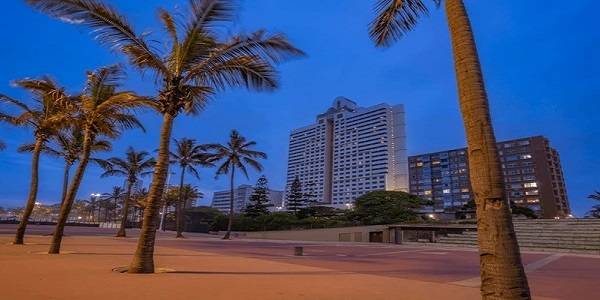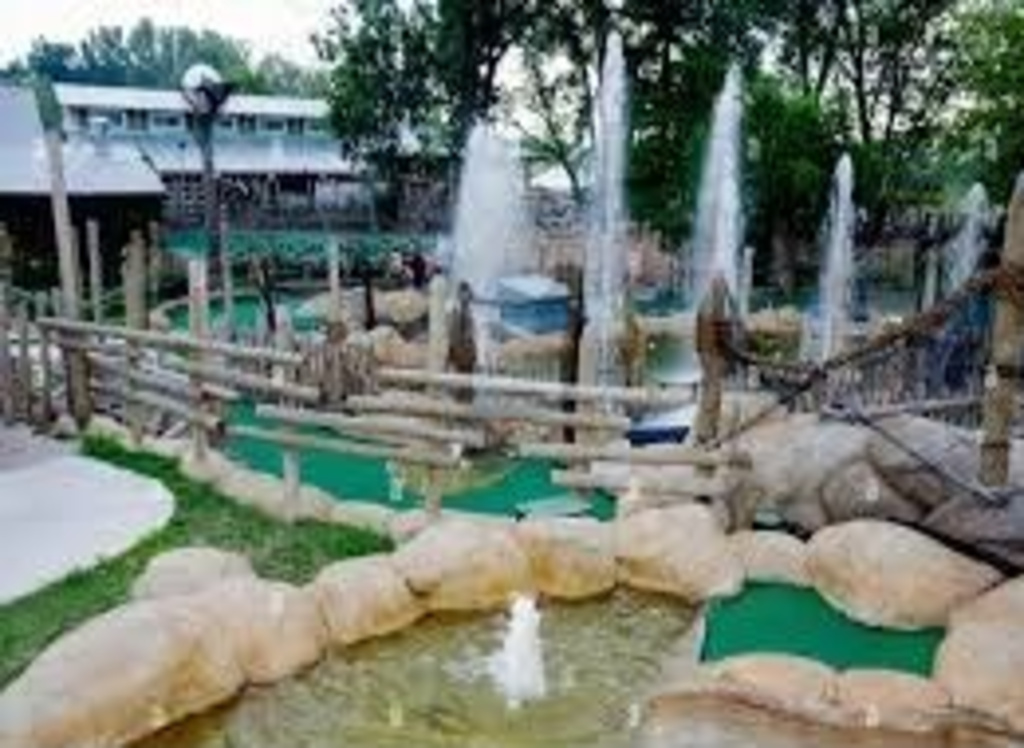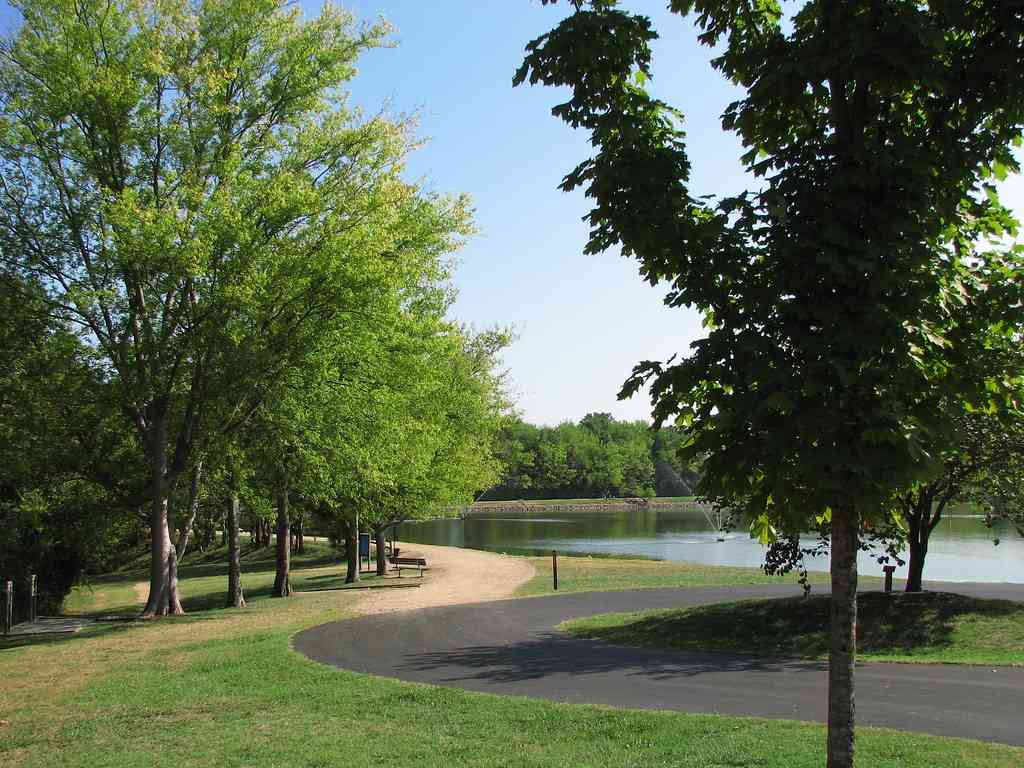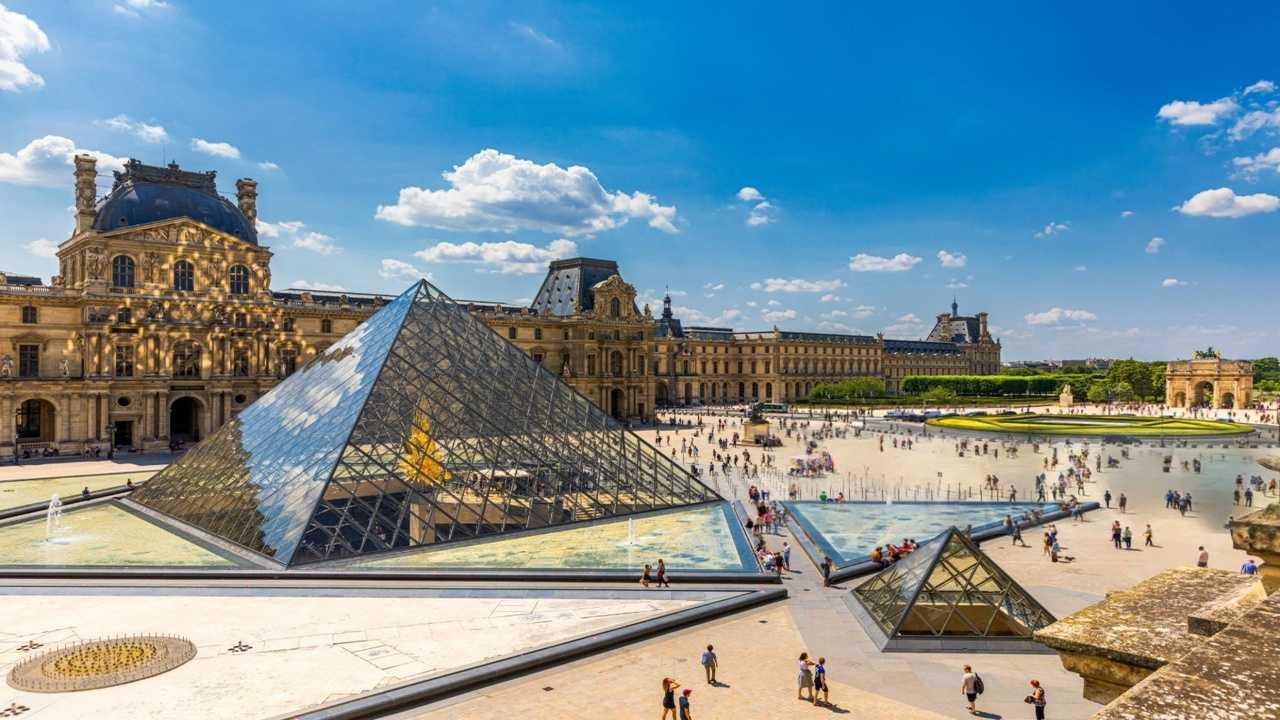
Kruger National Park is a famous game reserve in South Africa and is among the largest in the country. Located in the north of Tanzania, it was founded in 1898 and covers an area of approximately 19,000 square kilometers of savannah, grasslands, wetlands, and woodland that support a large number of animal species. Due to its long-standing conservation program and numerous activities that can be done in the park, Kruger National Park is a wildlife haven that is yet to be discovered.
History of the Kruger National Park?
It has to be noted that Kruger National Park is an important landmark in the history of South Africa as a country that sought to protect wildlife. The park was founded by Paul Kruger in 1898, and its principal aim was to conserve the wildlife in the area from hunting and other destructive practices. It has developed into an important symbol of protection of the natural environment and species living in it, as well as a sign of successful protection of habitats.
Where is Kruger National Park
Kruger National Park has a vast and diverse landscape and can be characterized by the savannah grasslands, woodlands, and riverine forests. It is located in the northeast region of South Africa near the borders of Mozambique and Zimbabwe. Kruger National Park experiences a tropical climate with high temperatures during the summer, while the winter season lasts throughout the remaining months of the year. However, it is not as cold as the winter in the northern hemisphere.
The rainy season lasts from October to March. Due to the differences in height and weather conditions, it accommodates many types of vegetation and animal species, thus making it a reserve for the natural world.
Popular Activities in Kruger National Park
There are countless activities that one can do to increase their experience of the wildlife present in Kruger National Park. Moving around the park and sighting the various wildlife species are some of the most common activities that are done on game drives. The guided bush walks are a way of making visitors appreciate the African bush and the local wildlife while at the same time learning about the plants and animals around the area.
There are over 500 different bird species in the park, so those interested in birdwatching can have a lot of fun. Also, the cultural encounters, including cultural tours to villages and archaeological areas, give visitors a chance to explore the artistic aspects of the area.
Accommodation Options in Kruger National Park

There are several rest camps and lodge facilities, ranging from tented camps to luxurious safari lodges. These two options offer a more self-catering kind of accommodation than traditional lodges. The wilderness trails, on the other hand, offer a chance to experience trails in the wilderness under the company of experienced personnel.
All sorts of travelers can be found in Kruger National Park, from those looking for a camping experience in the wild to those who are interested in luxurious safari accommodations.
Best Time to Visit Kruger National Park
The best time to visit Kruger National Park is relative to individual preferences and activities of interest. However, the dry season, May to September, is seen as the best season to encounter the animals in large numbers. During this period, vegetation is low, making it easy for one to see animals, especially those that come to source water for drinking. Besides, cooler temperatures also benefit game drives and other outdoor activities as they can be conducted with more comfort.
However, during the rainy season from October to March, when vegetation is green, most bird species are likely to migrate. However, the scenery changes and becomes strikingly beautiful since wildlife disperses and the greener part of the year emerges. It is advised that visitors pack small lightweight Umbrellas or raincoats to cover the thundershowers and also pack heavily to cover the hot and humid weather during the day.
Check List Safari for Kruger National Park
Consider carefully the following things:
Pack Appropriately
When preparing for a hike, ensure that you did not pack bulky clothing and accessories, and rather avoid any bright colors, a hat, sunscreen, insect repellent as well as comfortable walking shoes.
Bring Binoculars and a Camera
Some useful items that can improve wildlife watching are a good pair of binoculars and a camera with a zoom lens.
Respect Wildlife
Do not approach animals, particularly do not feed them; abide by the park regulations and guidelines to protect the animals.
Take Guided Tours
Visitors were encouraged to take guided game drives, or bush walks with qualified rangers, which would improve their knowledge of the park and its wildlife.
Be Patient
Once again, sighting wildlife is not a certainty, so it is always important to be prepared for a long wait. Take some time and focus on the area in order to see some movement or hear some noise that will show signs of animal presence.
How to Get to Kruger National Park
There are several ways to access Kruger National Park, depending on your location and budget:
By Air:
The two closest airports to Kruger National Park includes the Kruger Mpumalanga International Airport which is about 74km from the park and Skukuza Airport which is approximately 19 km. From there, one can hire a car or book a transfer to the park gate. The park is located about 3-hour drive from the town of Arusha.
By Car:
Self-driving is preferred as most roads are in good condition, and you can drive to different entrances of Kruger National Park. The park can be accessed by road from other big cities in the country, like Johannesburg and Nelspruit.
By Bus:
For bus companies, several routes are available to get from major cities of South Africa to Kruger National Park. Depending on your budget and preference for luxury or non-luxury, these services are available.
By Organized Tour:
It may be useful for those who do not plan their trip independently; taking a guided tour to Kruger National Park is a good idea. Some of the services that are apparent within the park include transportation, accommodation, meals, and guided tours, which are provided by tour operators.
Safety Tips for Visitors
Stay in Designated Areas:
Always avoid wandering around the park, especially in prohibited areas like Kidepo Valley, Moran’s Lodge, or along the river bank, especially when you are viewing wildlife. Off-trail hiking should be avoided since it is risky and produces negative impacts on the environment.
Respect Wildlife:
Do not go near wild animals too close or try to feed them in any way. Constantly remind yourself that you are treading on their home soil.
Drive Cautiously:
During self-drive game drives, one should observe the recommended speed of the vehicle, stick to the track, and be keen on any wildlife crossing the road.
Stay Hydrated:
This is especially true if one is in Africa; the sun can be extremely hot, particularly during the hotter months. Remember to hydrate yourself and avoid being in the sun for too long.
Report any Incidents:
When you are in the park and you come across a risky scenario or something unlawful, do not hesitate to report to park security.
Wildlife Viewing Etiquette in Kruger National Park
Quiet Observation:
Maintain silence to enhance the possibility of observing wildlife without frightening them away due to human interference.
Respect the Animals’ Space:
Engage and feed animals only from a safe distance, and do not try to pat them. The two species should be left to engage in their normal activities without any form of interference.
Obey Park Rules:
Observe all posted park rules regarding legal speed, waste disposal, and other forms of conduct, particularly when dealing with any wildlife in the park.
Conclusion
Kruger National Park is an exceptional park through which tourists can explore the deserted wilderness of African wildlife in their natural habitat. Thus, by keeping to the rules and regulations, protecting the natural environment and wildlife, and engaging in responsible tourism, a tourist will have a unique and enjoyable experience during the safari in this unique park. Regardless of what one is looking for an adventurous experience, a peaceful holiday, or the ability to reconnect with the wild, Kruger National Park offers a haven for every visitor. Have a great time, and may it be full of wonderful memories of meeting the wild animals.
FAQs
When is the best time to visit Kruger National Park?
The best time to view wildlife is during the dry season, from May to September, as the visibility is clear, and many animals will be seen around the water sources. But the rainy season from October to March is no less beautiful.
What animals are there for visitors to view in Kruger National Park?
Wildlife that can be found in Kruger National Park includes the big five which are lions, leopards, elephants, rhinoceros and buffalos, giraffes, zebras, hippos, crocodiles, various types of antelopes as well as an array of bird species.
Is it possible to get a guided tour of the park through the savannah by using a car?
Yes, self-drive and guided safari tours are available at Kruger National Park. Tourists can go on guided game drives or bush walks or arrange for the exclusive use of a vehicle and an experienced guide for the duration of their stay at the park.
What role can the visitors play in the conservation of the park, particularly Kruger National Park?
The visitors can help in preserving and protecting Kruger National Park in the following ways:
By obeying the rules and regulations of the park
By avoiding being invasive to the wildlife and their environment
By going for guided tours conducted by rangers who are well-informed of the importance of conservation
By supporting conservation programs in the park
By raising conservation awareness among the communities.
What should first-time visitors know about Kruger National Park?
Some of the travel tips for first-time travelers to Kruger National Park would be to dress and pack properly, stay in authorized areas, respect wildlife, follow the law and regulations set by the park, drink water regularly, be patient with sighting and report any incidents or unlawful acts to the authorities.








